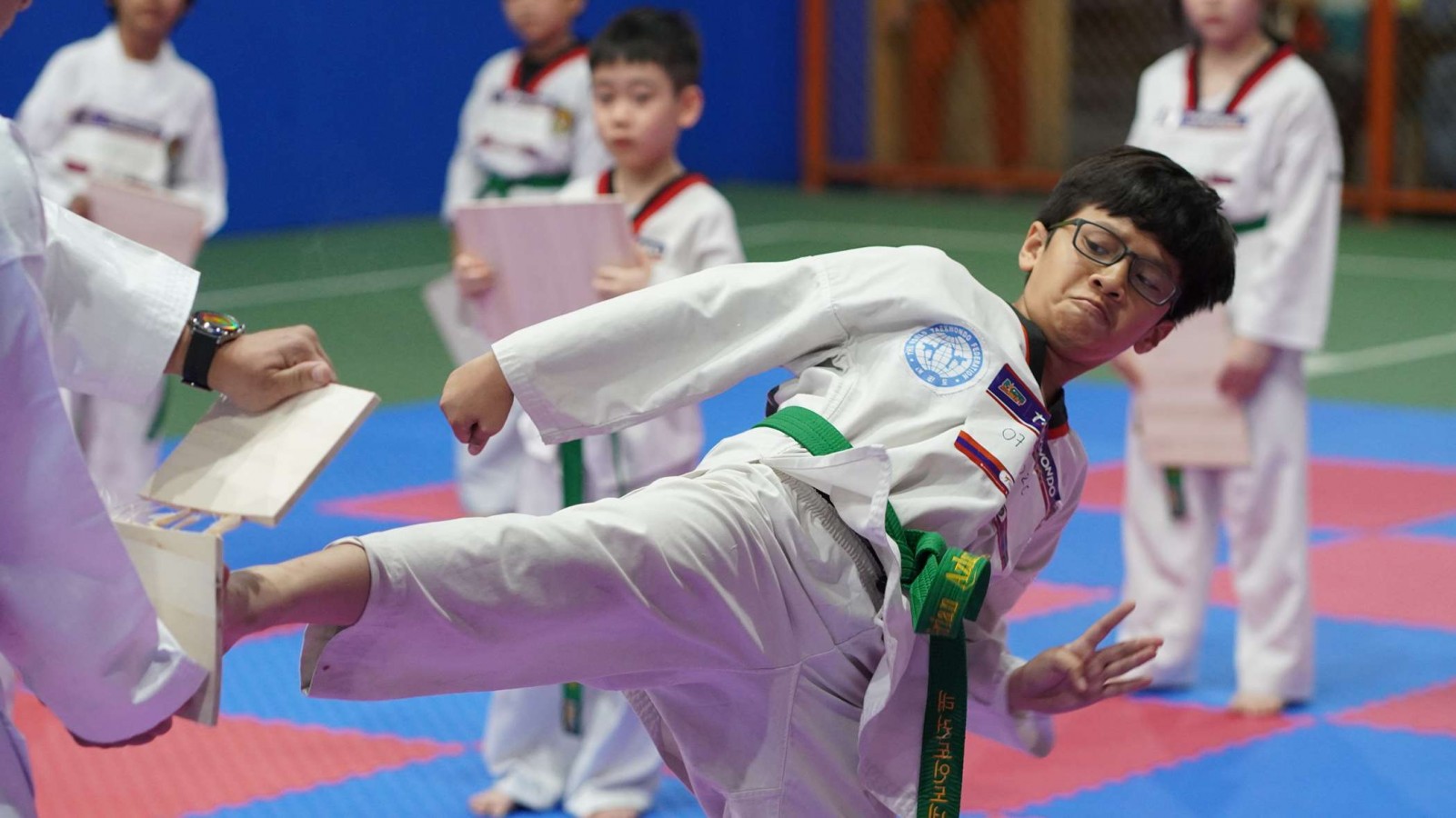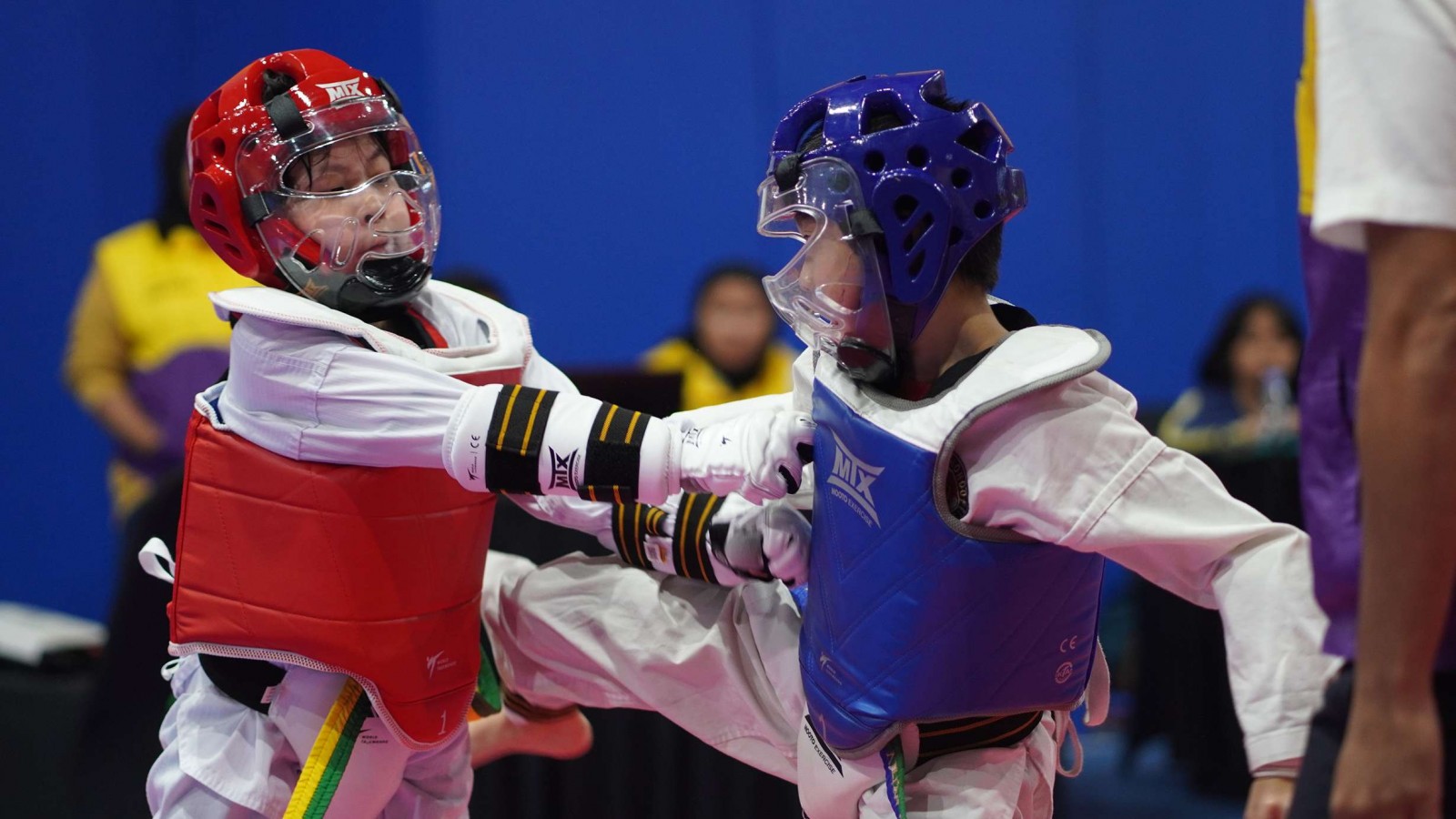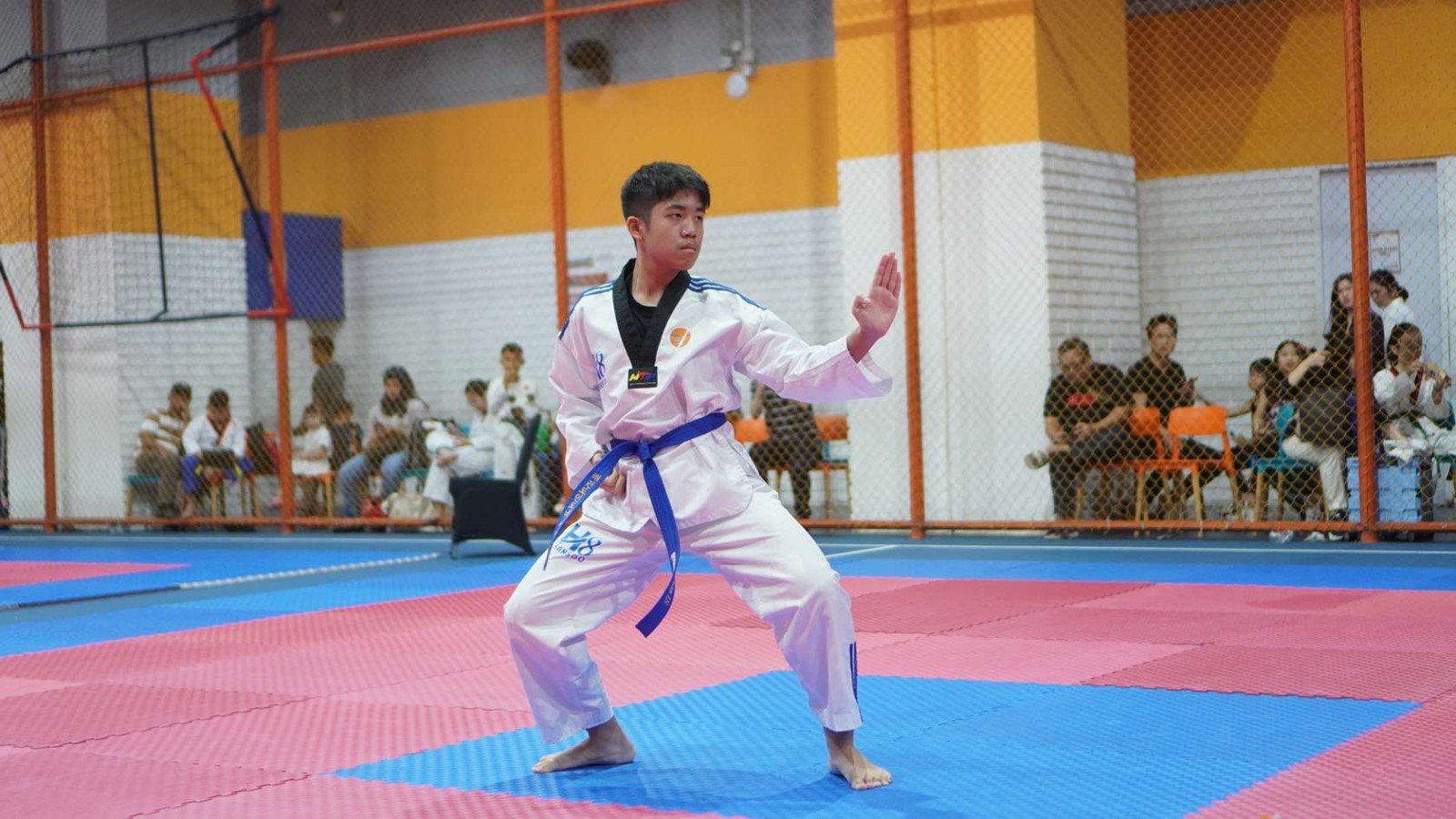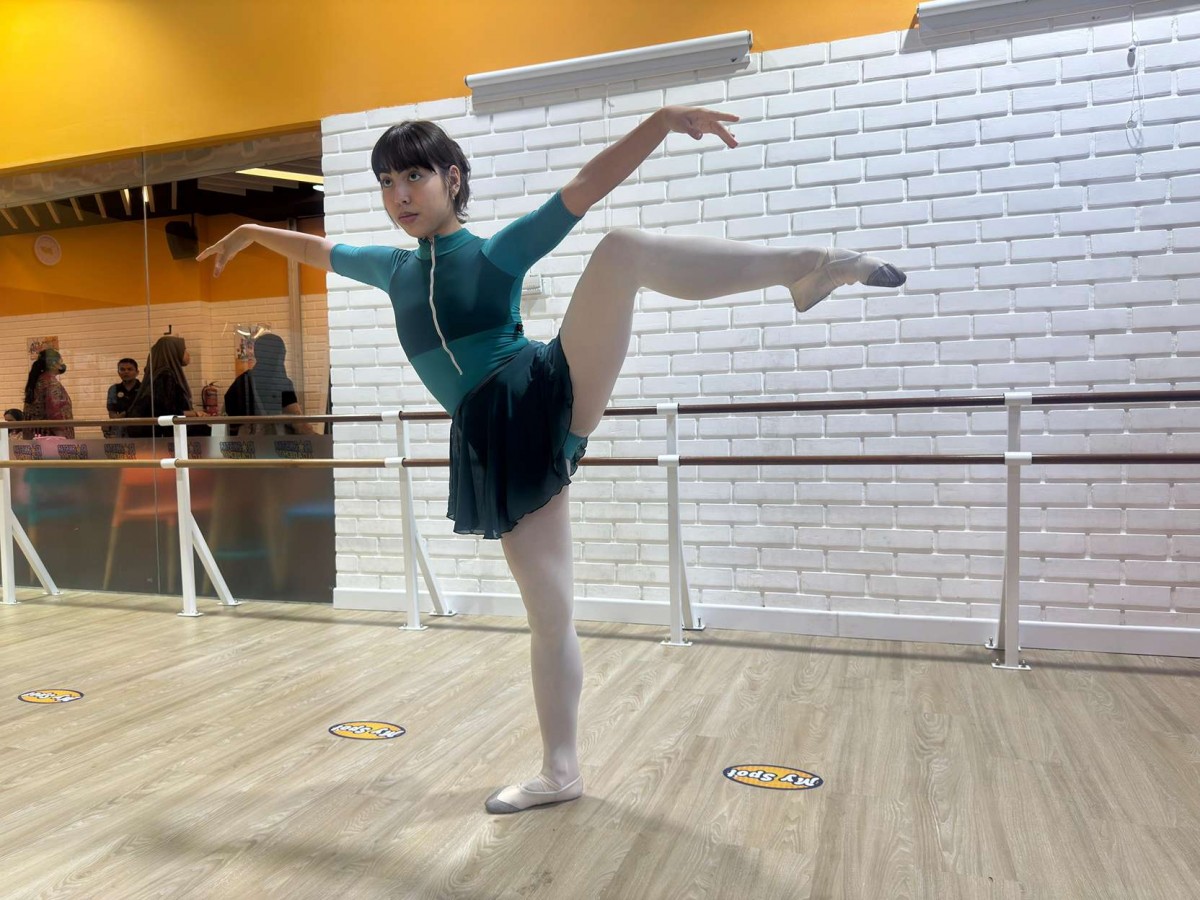Guides for Kids to Learn Self-Control Through Martial Arts

Self-control is a basic skill that helps children manage their emotions, behavior, and impulses. It's a trait that can significantly influence their success in school, relationships, and later in life. One effective way to learn self-control in kids is through martial arts.
Martial arts provide a structured environment where children can learn discipline, focus, and respect, which are all critical components of self-control. This article explores how martial arts can teach children self-control and the connection between this discipline and self-regulation.
How Martial Arts Teach Self-Control
Martial arts are renowned not just for their physical benefits but also for the mental discipline. For children, this discipline translates into enhanced self-control, a crucial life skill. Here’s how martial arts teach self-control:
1. Setting Clear Goals
Martial arts emphasize the importance of setting and achieving goals. Whether it's earning a new belt or mastering a particular technique, kids learn to set clear, attainable objectives.
This process teaches them patience, perseverance, and the discipline required to stay focused on long-term goals. By working towards these milestones, children develop the self-control needed to manage their time and effort effectively.
2. Structured Training Environment
Martial arts classes provide a highly structured environment where routines and protocols are strictly followed. This structure helps children understand the importance of rules and the consequences of not adhering to them.
The consistency and predictability of the training environment reinforce the need for self-discipline and control over their actions.
3. Physical and Mental Conditioning
Martial arts training involves rigorous physical exercises and mental conditioning. Kids learn to control their bodies through precise movements and techniques, which requires focus and discipline.
Additionally, mental conditioning exercises, such as meditation and deep breathing, help children manage their emotions and stay calm under pressure, further enhancing their self-control.
4. Learning from Failure
Failure is a natural part of learning martial arts. Children often face challenges and setbacks, whether it's not mastering a move right away or losing a match.
Martial arts teach kids to view these experiences as opportunities for growth rather than discouragement. By learning to cope with failure and persist despite difficulties, children build resilience and self-control.
5. Ethical Values and Character Development
Martial arts are deeply rooted in ethical values and principles such as respect, humility, and integrity. Instructors emphasize the importance of these values in both training and everyday life.
By internalizing these principles, children learn to control their impulses and make decisions that align with their moral compass, fostering a sense of responsibility and ethical behavior.
6. Teaching Kids How to Make Good Decisions
Martial arts training involves making quick decisions, such as how to respond to an opponent's move or when to strike. These scenarios teach kids to think critically and make good decisions under pressure.
Over time, this ability to make sound judgments translates into other areas of their lives, helping them navigate challenges and make responsible choices.
7. Understanding Cause-Effect Relationships
Martial arts help children understand the cause-effect relationship between their actions and outcomes. For instance, practicing diligently leads to improved skills and progression in rank, while neglecting practice results in stagnation.
This understanding teaches kids the importance of self-discipline and the direct impact of their efforts on their success, reinforcing the value of self-control.
The Connection Between Self-Control and Martial Arts
Martial arts training deeply influences mental and emotional well-being, establishing a strong connection to self-control. Here’s how martial arts contribute to self-control:
A. Physical Response to Stress
Martial arts teach practitioners how to physically respond to stress in controlled and effective ways. During training, children face various physically demanding situations that mimic stressful real-life scenarios.
Learning techniques to defend themselves and control their movements under pressure helps them manage their physical responses to stress. This practice translates into an ability to remain calm and composed during stressful situations outside of training.
- Breathing Techniques
Martial arts emphasize controlled breathing techniques. By practicing deep and steady breathing, children learn to manage their physiological stress responses, such as rapid heartbeat and shallow breathing. These techniques help reduce anxiety and maintain calmness.
- Muscle Control
Martial arts require precise muscle control and body awareness. Kids learn to release tension from their muscles, preventing stress-induced stiffness and promoting relaxation.
B. Calming the Spirit and Clear Thinking
Martial arts practice incorporates mental and spiritual elements that help calm the spirit and clear the mind. This aspect of training is crucial for developing self-control as it teaches children to regulate their emotions and maintain mental clarity.
- Meditation and Mindfulness
Many martial arts disciplines include meditation and mindfulness practices. These exercises help children focus on the present moment, reducing mental clutter and enhancing concentration. A clear mind is better equipped to make rational decisions and exhibit self-control.
- Emotional Regulation
Martial arts teach children to recognize and manage their emotions. By learning to stay calm in the face of challenges, kids develop the ability to control emotional impulses and respond thoughtfully rather than reactively.
- Stress Relief
Physical activity in martial arts acts as a natural stress reliever. The release of endorphins during exercise promotes a sense of well-being and reduces stress levels. A calm and relaxed state of mind contributes to better self-control.
Unlock the Key to Mastering Self-Discipline!
Martial arts is an excellent way for kids to learn self-control. The structured environment, focus on discipline, and emphasis on emotional regulation provide a comprehensive approach to developing this essential skill.
Encourage your child to embark on this rewarding journey and watch them transform through the power of martial arts. Ready to embark on an exciting journey into the world of mixed martial arts?
At Rockstar Academy's Sports & Performing Arts Academy, we're thrilled to introduce our dynamic Martial Arts Program. Rockstar Academy's martial arts program also includes Taekwondo, offering students the opportunity to participate in Taekwondo Testing.
This testing aims to progress students to the next level in the Taekwondo program, providing competitive experiences that enhance their skills and help them become Life Champions.
Designed to build strength, agility, and self-confidence, our program prepares students for everything from everyday challenges to the RockOlympics competition.
Curious to experience it firsthand? Sign up now for a free trial and discover the excitement and benefits of martial arts training. Don't miss out, join us on this empowering journey today!
FAQ
Can self-control be trained?
Yes, self-control can be trained through consistent practice and learning effective strategies.
How to teach self-control to a child?
Teach self-control to children by setting clear expectations, using positive reinforcement, practicing mindfulness exercises, and modeling self-control in daily actions.



